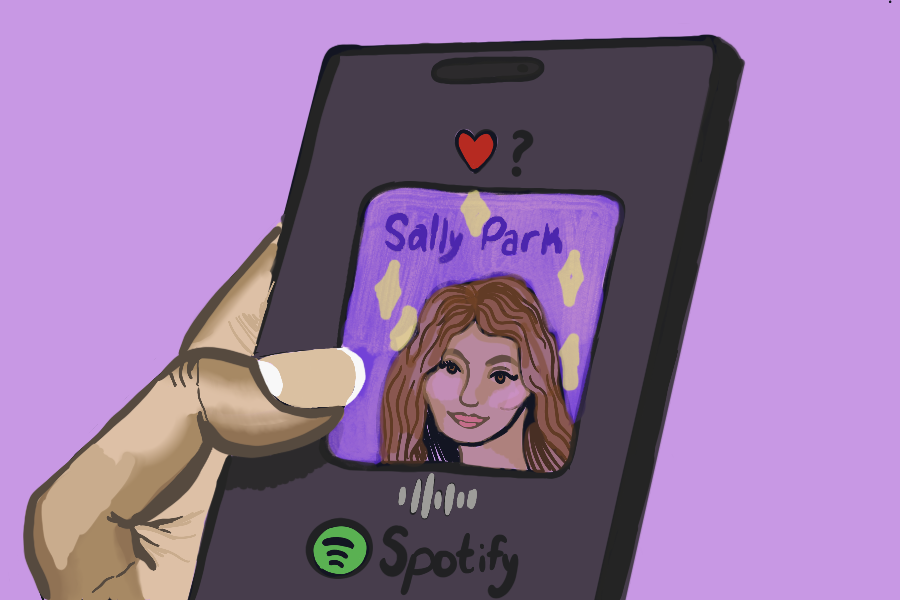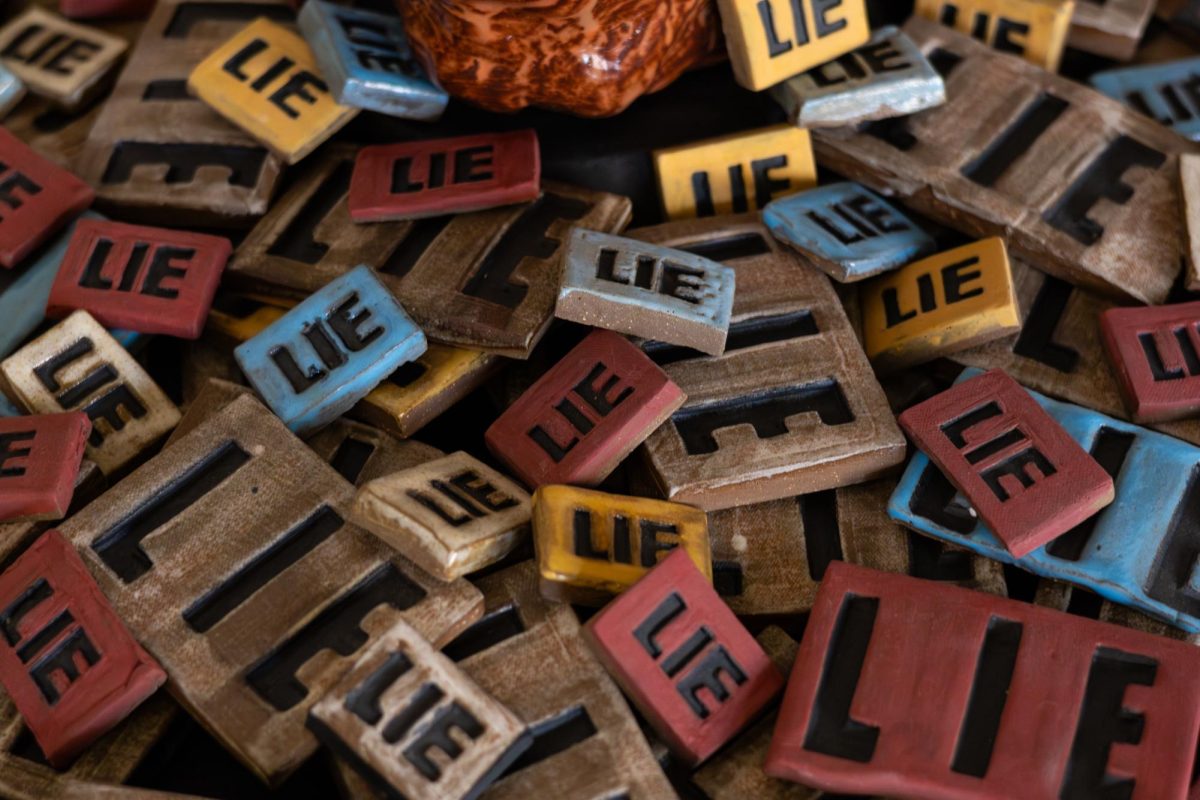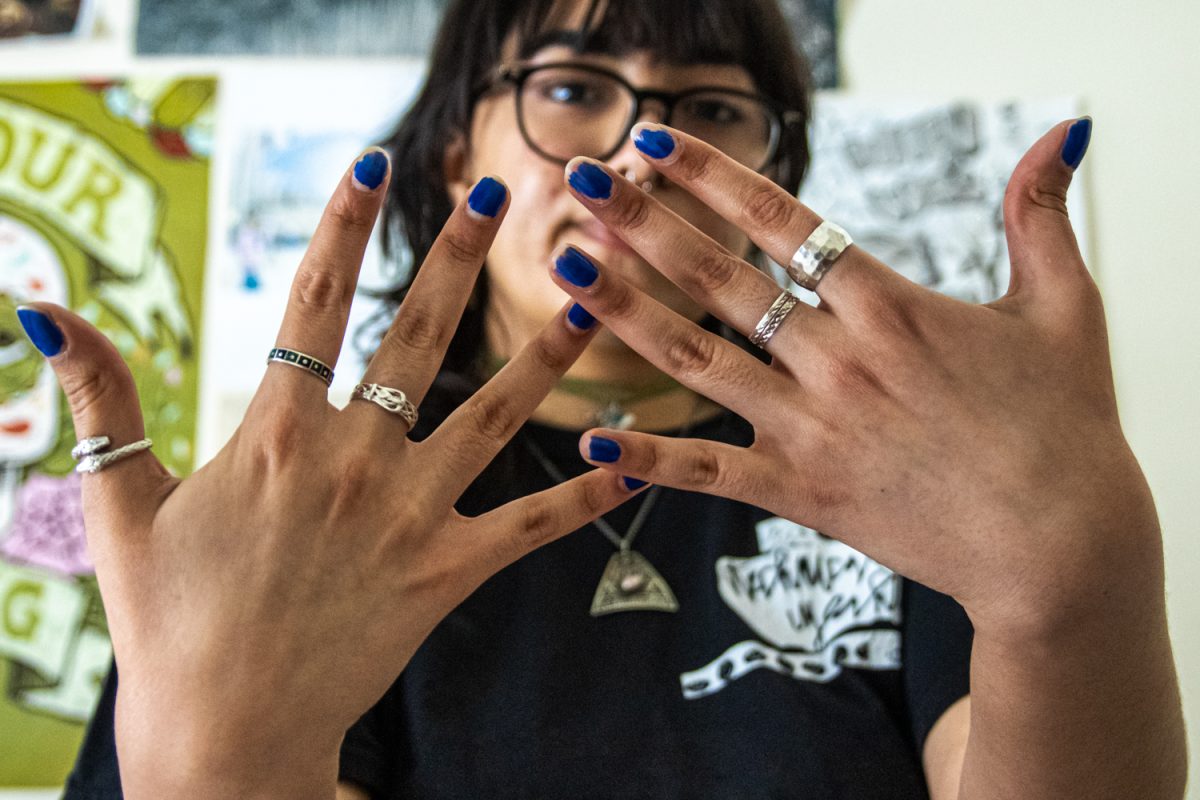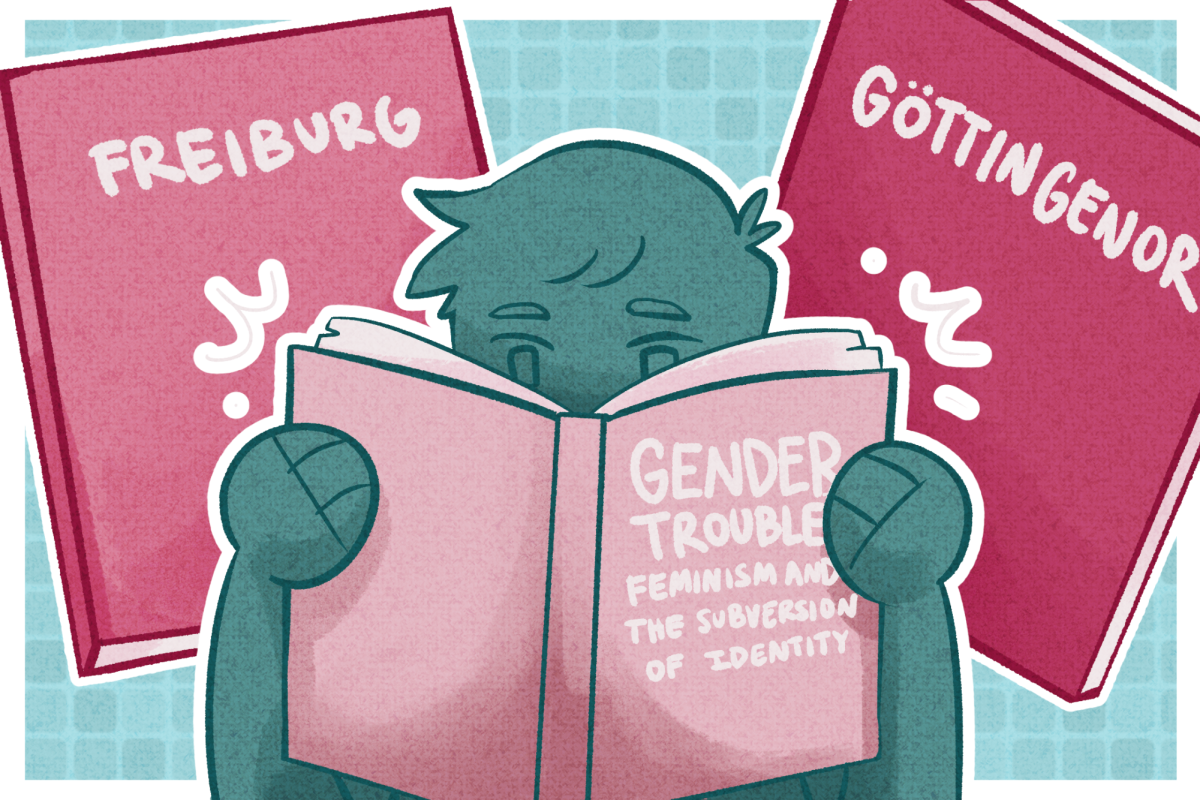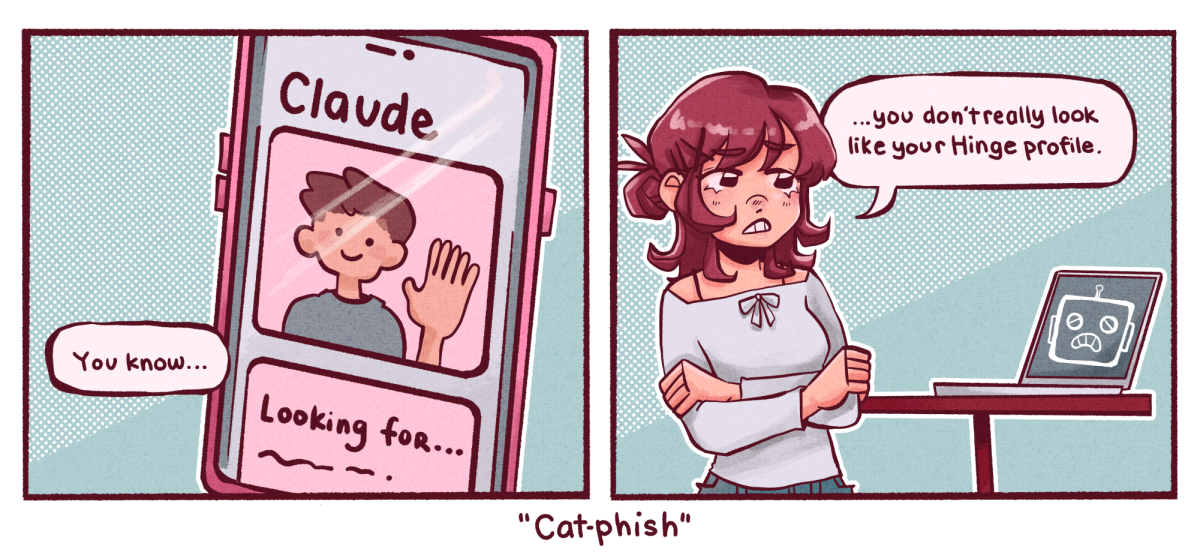Politics, children, food and, most importantly, music are points of connectivity that determine compatibility and aligned perspectives in a blooming relationship.
While dictating one’s interest in someone based on music taste may sound silly, it is a very real deciding factor prevalent in the University’s student body.
With streaming services such as Spotify and Apple Music releasing their yearly wrapped last month, listeners found an outlet to post their music taste. It allowed students to “swipe up,” bond over shared artists and identify taste differences.
“If someone said they liked Juice WRLD, it would be an instant ick,” said Dionicia Fabian, freshman in LAS. “My ex had Juice as his number one artist, and every other man I’ve met since him who liked Juice WRLD has been a psychopath.”
While drawing the line at some artists, other taste preferences can make people appear more attractive. Music tastes can create a perception of someone because of the types of people typically associated with listening to that artist.
Get The Daily Illini in your inbox!
“Led Zeppelin would make me fall in love instantly with someone,” said Gianna Jaronik, sophomore in LAS. “I feel like men who like Led Zeppelin are manipulative in a cool way.”
However, Jaronik said there is a stigma with having an obscure music taste as people become more pretentious, especially when someone asks her to “name five songs.” This is why something as simple as music can become integral to a relationship.
“The depth in a taste of music is very important to me,” said Margaret Paty, freshman in Engineering. “I have a lot of respect for people who listen to a lot of different things.”
Paty, who listens to a wide variety of musicians, finds it difficult to meet someone with the same range. Music has become a lifeline with the introduction of wireless streaming, making that bond so important.
“I listen to music every day to do anything and everything,” Fabian said. “To share that with someone is great. Without it, it feels difficult to connect because they won’t understand.”
Even though having an identical music taste is not essential, aligning with the artists that are important to someone can provide an instant connection, Paty said.
Generations in the past used cassette tapes and CDs to express their love for each other, curating specific song orders, making collages for the covers and creating clever mix titles. Even though all it takes is a few scrolls to make a mix now, music in relationships still matters the same.
Along with the surge of online dating, Spotify has become adjacent to a dating app, even partnering with Tinder.
This collaboration introduced Music Mode, allowing users to hear their prospective partners’ music tastes before seeing them. A date night music generator was also introduced, which combines both people’s tastes into one playlist. Access to a free Spotify subscription when subscribing to Tinder Gold was also offered in this collaboration.
People can use Spotify as a pseudo-dating app without even using Tinder. Simply scrolling through a profile and seeing someone’s top songs parallels swiping through a dating profile.
“I’ve stalked through people’s profiles before,” Fabian said. “I did not like what I saw.”
It can be hard to find people’s profiles because Spotify’s interface is not built as a social media platform.
“When I do find someone’s profile and they have public playlists, I spend a lot of time looking through it,” Jaronik said.
When people have a musical connection and go through a breakup, it can make the split even tougher. Having an “our song” with someone can lead to an unwanted association because the song becomes a signifier of that particular person, said Fabian.
“If I have a song with someone and they leave, that song will always remind me of them no matter what, and it kind of loses everything that I loved about it,” Fabian said. “It replaces its whole meaning for me.”
In the words of the Rastafarian icon Bob Marley: “When the music hits you, you feel no pain. It’s that connection with others that makes it powerful.”



